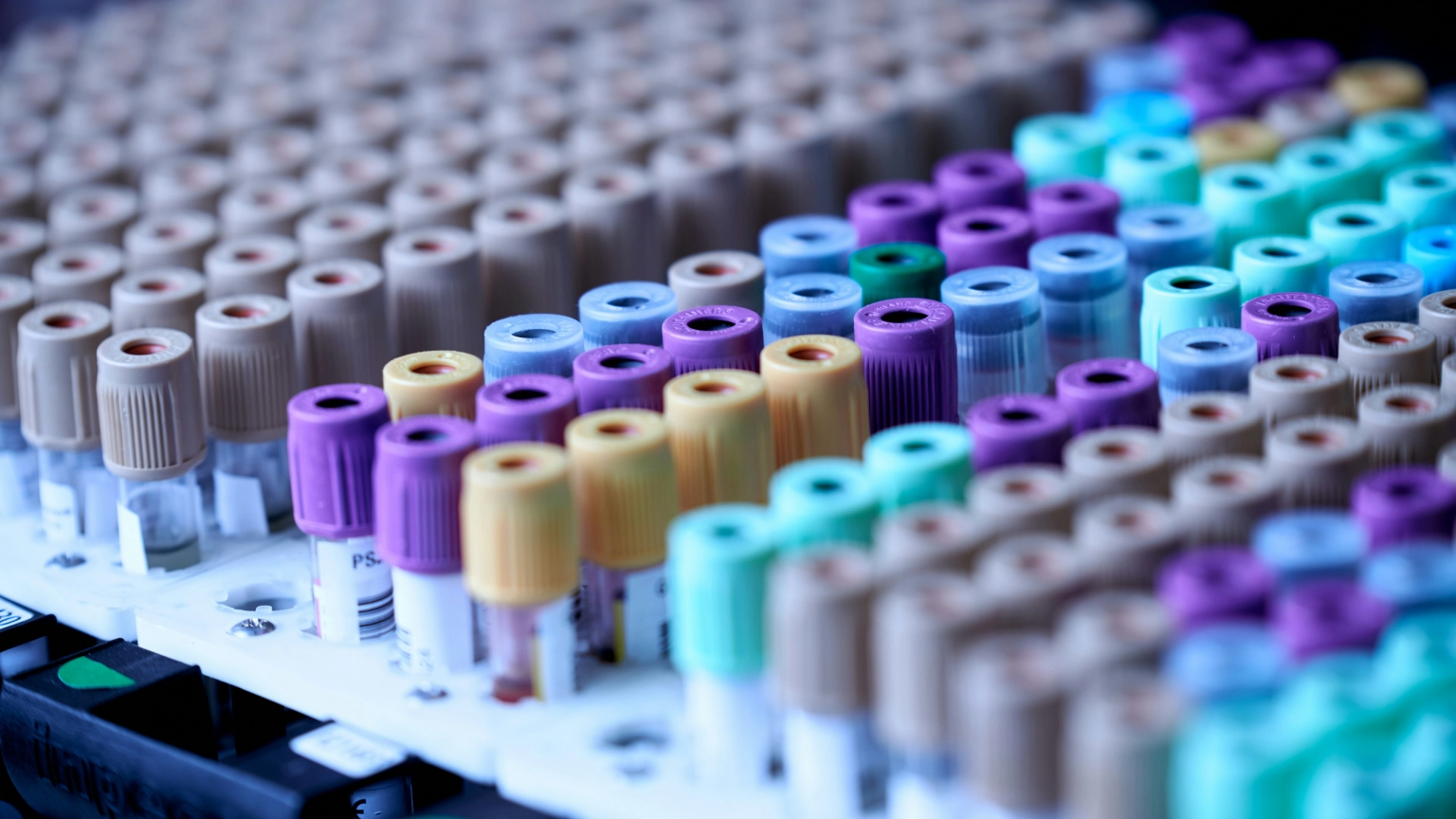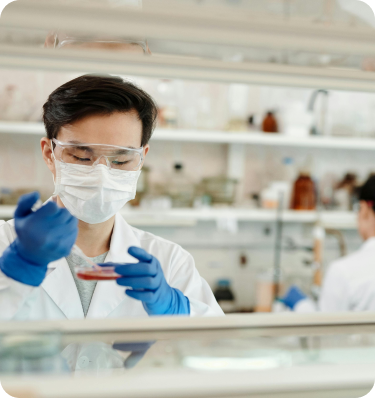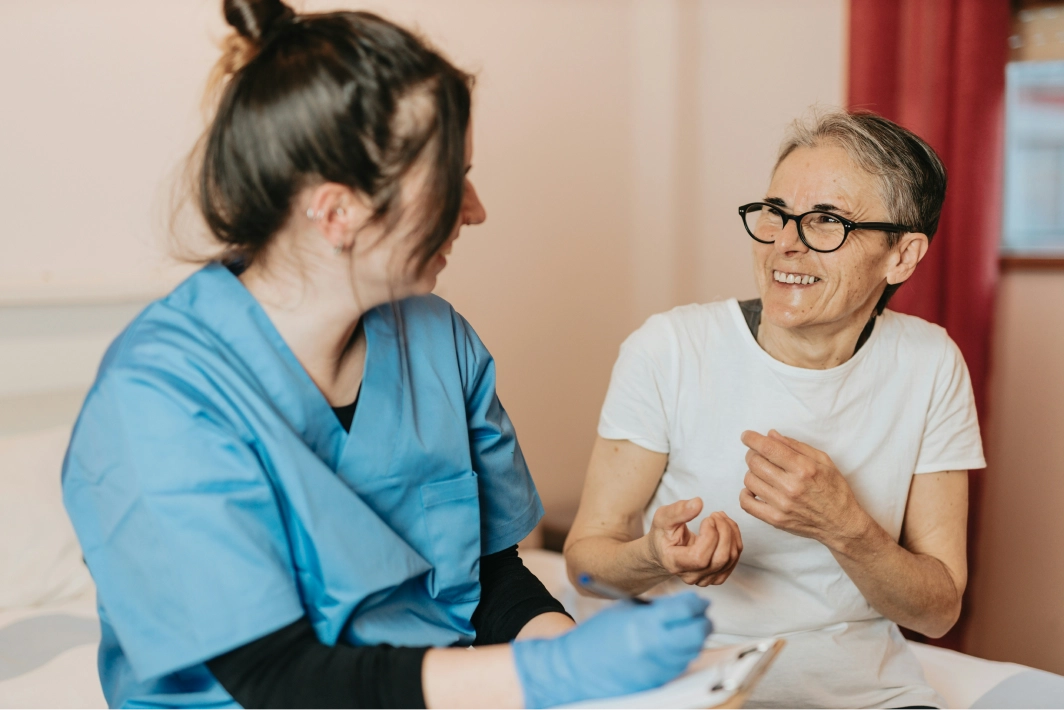The diagnosis of ADPKD may be challenging in some cases, particularly in individuals with few or no symptoms or in those without a family history of the disease. In such instances, close monitoring and repeat imaging tests over time may be necessary to confirm the diagnosis. It's essential to work closely with your healthcare provider to determine the most appropriate diagnostic approach for you.
 Medical History & Physical Exam
Medical History & Physical Exam
Medical History and Physical Examination: Your healthcare provider will inquire about your family history, as ADPKD is a genetic disorder. They’ll also conduct a physical examination to check for signs of kidney enlargement or other symptoms associated with ADPKD.
 Imaging Tests
Imaging Tests
Imaging tests such as ultrasounds, CT scans, or MRI scans are used to visualize the kidneys and detect the presence of cysts. These imaging techniques can also help determine the size and number of cysts present in the kidneys.
 Genetic Testing
Genetic Testing
Genetic testing can confirm a diagnosis of ADPKD by identifying mutations in the PKD1 or PKD2 genes. Genetic testing may be recommended if there’s uncertainty about the diagnosis or if you have a family history of ADPKD but haven’t experienced any symptoms.
Follow our progress on PKD research, treatments, clinical trials, and finding a cure.
Subscribe to PKD NewsBy clicking Join Our Network you’re confirming that you agree with our Terms & Conditions.
To access our assistance directly, please call our Hope Line. (8 a.m. - 5 p.m. CT)
Call us at 816-931-2600







